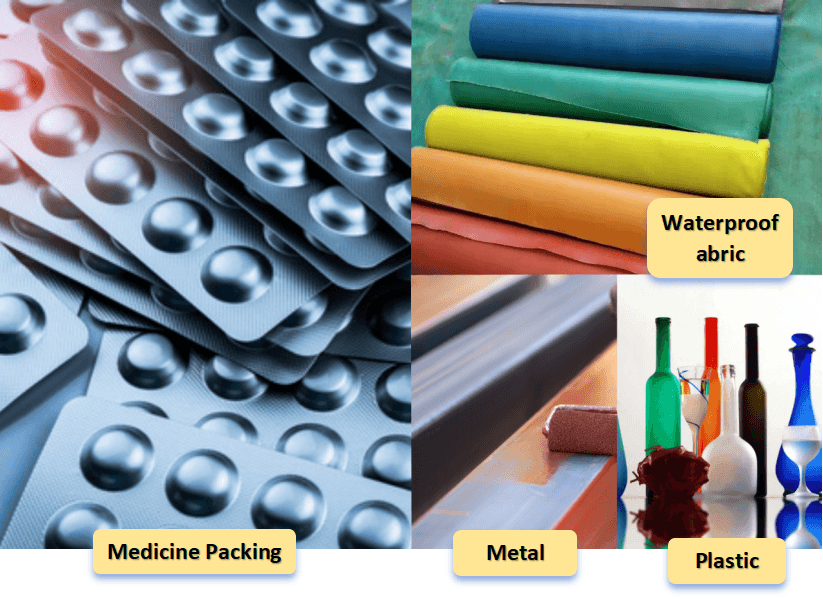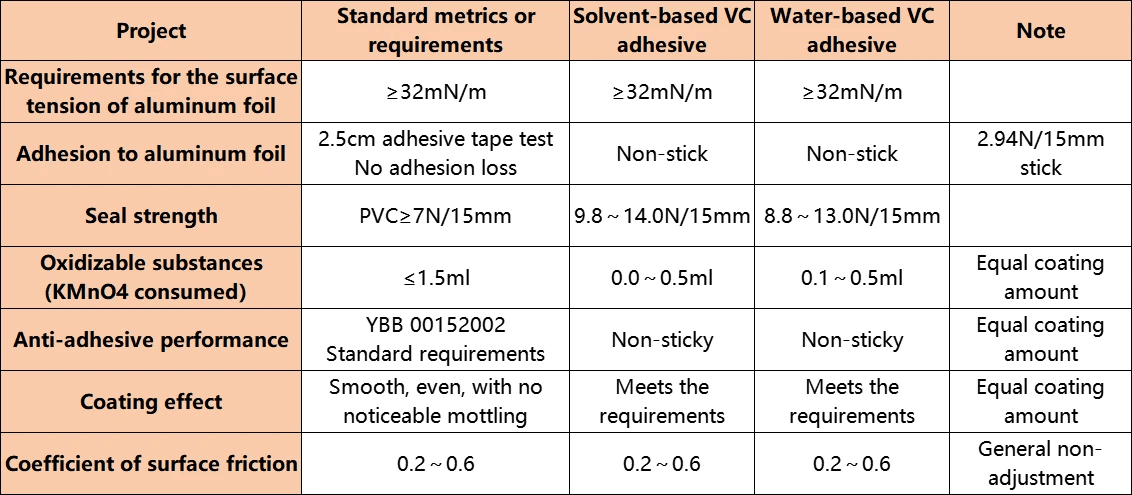Introduction

Composite bonding is a popular method used in various industries, but many people often wonder, how much are composite bonding costs? Understanding these costs requires a deep dive into the factors that influence pricing and the quality of materials used. In this introduction, we’ll explore what drives composite bonding prices and why quality should never be compromised.
Understanding Composite Bonding Costs
The type of adhesive used plays a crucial role; for instance, strong bonding glue can elevate the price due to its enhanced adhesive bond strength. Additionally, labor costs and the complexity of the job can also impact how much you’ll pay for services like heat seal bonding or composite adhesive bonding.
Factors Influencing Composite Bonding Prices
Several factors determine how much are composite bonding prices beyond just materials and labor. Geographic location is significant; some regions may have higher costs due to demand or availability of skilled professionals. Moreover, if you’re considering PVC bonding adhesive options, it's essential to factor in both material quality and application requirements as they can substantially affect your final bill.
Importance of Quality in Bonding
Opting for high-quality materials in composite bonding is not just a matter of preference—it’s essential for durability and performance. Using inferior adhesives may save money upfront but could lead to costly repairs down the line due to failed bonds. Whether you're leaning towards heat seal bonding or exploring other options like strong bonding glue, prioritizing quality ensures long-lasting results that justify your investment.
What Is Composite Bonding?

Composite bonding is a specialized technique used to join two or more materials together, creating a strong and durable bond. This process typically involves the application of adhesives, which can vary in type and strength depending on the materials being bonded. Whether it’s for automotive repairs, construction projects, or artistic endeavors, understanding how much composite bonding costs is crucial for anyone considering this method.
Overview of the Process
The composite bonding process begins with surface preparation, where the materials are cleaned and sometimes roughened to enhance adhesion. Following this, a strong bonding glue or adhesive is applied to one or both surfaces before they are pressed together. The curing time varies based on the type of adhesive used; some may require heat seal bonding techniques to achieve optimal bond strength.
Common Applications
Composite adhesive bonding has a wide range of applications across various industries. In automotive manufacturing, it’s often used for joining body panels and repairing damaged components due to its lightweight nature and strong bond strength. Additionally, it finds use in construction for PVC bonding adhesive applications where durability and resistance to environmental factors are essential.
Benefits of Composite Bonding
The benefits of composite bonding are numerous and compelling for both professionals and DIY enthusiasts alike. One significant advantage is its ability to provide high adhesive bond strength without adding excessive weight—ideal for sectors like aerospace where every gram counts! Furthermore, using eco-friendly options like water-based resins can enhance sustainability while still achieving impressive results in projects requiring heat seal bonding or other methods.
Breakdown of Composite Bonding Costs

When it comes to understanding how much composite bonding costs, it’s essential to break down the various elements that contribute to the final price. Generally, prices can vary widely based on several factors including the complexity of the job, materials used, and labor involved. By examining these components closely, you can gain a clearer picture of what to expect when considering composite adhesive bonding services.
Average Price Range
The average price range for composite bonding can typically fall between $300 to $1,500 per application, depending on various factors. For simpler applications using strong bonding glue, you might find costs on the lower end of this spectrum. However, more complex jobs that require specialized techniques or high-quality materials could push costs significantly higher—sometimes even exceeding $2,000 for intricate projects.
Costs of Materials and Labor
Material costs play a critical role in determining how much are composite bonding services overall. The type of adhesive used—whether it's a strong bonding glue or a specific PVC bonding adhesive—can impact pricing significantly. Additionally, labor costs will vary depending on the expertise required; skilled technicians may charge higher rates but often deliver better results in terms of adhesive bond strength and longevity.
Comparing Different Service Providers
When comparing different service providers for composite adhesive bonding, it's crucial to look beyond just the price tag. While some companies may offer lower rates initially, they might cut corners with inferior materials or inexperienced laborers which could compromise bond strength in the long run. Always request quotes from multiple providers and consider their reputation in delivering quality work alongside their pricing structure; after all, investing a bit more upfront can save you from costly repairs down the line.
Factors Affecting Pricing

When it comes to figuring out how much are composite bonding services, several factors come into play. The complexity of the bonding job, the type and quality of materials used, and even geographic location can significantly influence the final price tag. Understanding these elements can help you make an informed decision about your bonding needs.
Complexity of the Bonding Job
The complexity of the bonding job is a major player in determining costs. A straightforward repair might be relatively inexpensive, while intricate projects involving multiple layers or specialized techniques will likely drive up prices. For instance, if you are considering heat seal bonding versus composite adhesive bonding, expect variations in labor and material costs based on how demanding the project is.
Material Type and Quality
Not all adhesives are created equal; some provide superior adhesive bond strength compared to others. When selecting a strong bonding glue, consider both performance and price—higher-quality materials often come at a premium but can save money in the long run by reducing failures and repairs. Additionally, if you're looking into PVC bonding adhesive options, remember that different formulations may affect not only cost but also durability depending on your specific application.
Geographic Location Considerations
Your geographic location plays a significant role in determining how much are composite bonding services available to you. Urban areas with high demand for specialized services may charge more than rural regions where competition is less fierce. Additionally, local regulations or availability of certain types of strong bonding glue can also impact pricing—so keep an eye on regional trends as you explore your options.
Popular Adhesive Options in Composite Bonding

When it comes to composite bonding, the choice of adhesive can make or break the integrity of your project. Selecting the right strong bonding glue is crucial not only for performance but also for cost-effectiveness. Understanding various adhesive options available can help you determine how much are composite bonding services that utilize these materials.
Overview of Strong Bonding Glue
Strong bonding glue is a staple in composite bonding applications, renowned for its ability to create durable and lasting connections between materials. This type of adhesive typically features high viscosity and excellent gap-filling properties, making it perfect for uneven surfaces often found in composite materials. Whether you're working on PVC bonding adhesive or other types, investing in quality strong bonding glue can significantly enhance the overall strength and longevity of your bonds.
Comparing Adhesive Bond Strength
When evaluating adhesives, one must consider adhesive bond strength as a critical factor in determining which product will best suit the job at hand. Different adhesives offer varying levels of bond strength; therefore, it’s essential to compare them based on their specifications and intended use. For instance, some strong bonding glues may excel in specific applications while others might be more versatile across multiple surfaces—knowing how much are composite bonding options that utilize these adhesives can help you make an informed decision.
Heat Seal Bonding vs. Composite Adhesive Bonding
Heat seal bonding and composite adhesive bonding serve distinct purposes and come with their own sets of advantages and disadvantages. Heat seal bonding utilizes heat to fuse materials together, which can be incredibly effective for certain thermoplastic composites but may not provide the same level of flexibility as traditional adhesives like PVC bonding adhesive or other strong options. On the other hand, composite adhesive bonding allows for greater versatility across various substrates while maintaining a robust bond—understanding how much are composite bonding techniques involving these methods is essential when budgeting your projects.
Eco-Friendly Bonding Solutions

In an era where sustainability is increasingly important, eco-friendly bonding solutions are gaining traction in the composite bonding industry. Chemix's water-based resin solution stands out as a prime example of how innovation can lead to greener practices without sacrificing performance. This approach not only addresses environmental concerns but also provides effective alternatives to traditional adhesives.
Introduction to Chemix's Water-Based Resin Solution
Chemix has developed a water-based resin solution that caters specifically to those looking for sustainable options in composite adhesive bonding. Unlike conventional adhesives that often contain harmful solvents, this product utilizes water as its primary solvent, significantly reducing volatile organic compounds (VOCs). As consumers become more conscious of their choices, understanding how much are composite bonding solutions like Chemix's can help them make informed decisions.
Benefits of Water-Based Resin
One of the most compelling benefits of using Chemix's water-based resin is its strong bonding glue properties, which rival many solvent-based alternatives. This innovative adhesive achieves impressive adhesive bond strength while being safer for both users and the environment. Additionally, it offers excellent flexibility and durability, making it suitable for a wide range of applications from PVC bonding adhesive tasks to intricate composite projects.
Economic and Environmental Advantages
Choosing eco-friendly options like Chemix’s water-based resin not only supports environmental goals but can also be economically advantageous in the long run. While initial costs may vary when asking how much are composite bonding solutions, investing in sustainable materials often leads to savings on disposal and potential regulatory compliance costs later on. Moreover, these products typically require less maintenance over time compared to traditional heat seal bonding methods, providing further financial incentives for businesses committed to sustainability.
Conclusion
In summary, understanding how much composite bonding costs is crucial for anyone considering this versatile solution. The price can vary significantly based on factors like complexity, material quality, and geographic location. By being informed about these elements, you can make a more educated decision when selecting a service provider.
Key Takeaways on Composite Bonding Costs
When exploring how much are composite bonding services, it's essential to recognize that prices typically fall within a range influenced by materials and labor costs. For instance, strong bonding glue may elevate the overall expense but can enhance durability significantly. Ultimately, knowing the average price range helps you budget effectively while ensuring quality work.
Importance of Choosing the Right Adhesive
Selecting the right adhesive is vital for achieving optimal adhesive bond strength in your project. Whether you're using heat seal bonding or opting for composite adhesive bonding techniques, each choice carries implications for performance and longevity. Always consider factors such as application type and environmental conditions to ensure you choose an adhesive that meets your specific needs.
Enhancing Bonding with Sustainable Options
Sustainable options like Chemix's water-based resin solution present an eco-friendly alternative without compromising performance in composite bonding applications. Not only do these solutions reduce environmental impact, but they also align with modern trends toward sustainability in manufacturing and construction sectors. By integrating sustainable practices into your projects—like utilizing PVC bonding adhesive—you contribute to a greener future while enjoying robust bond strength.
